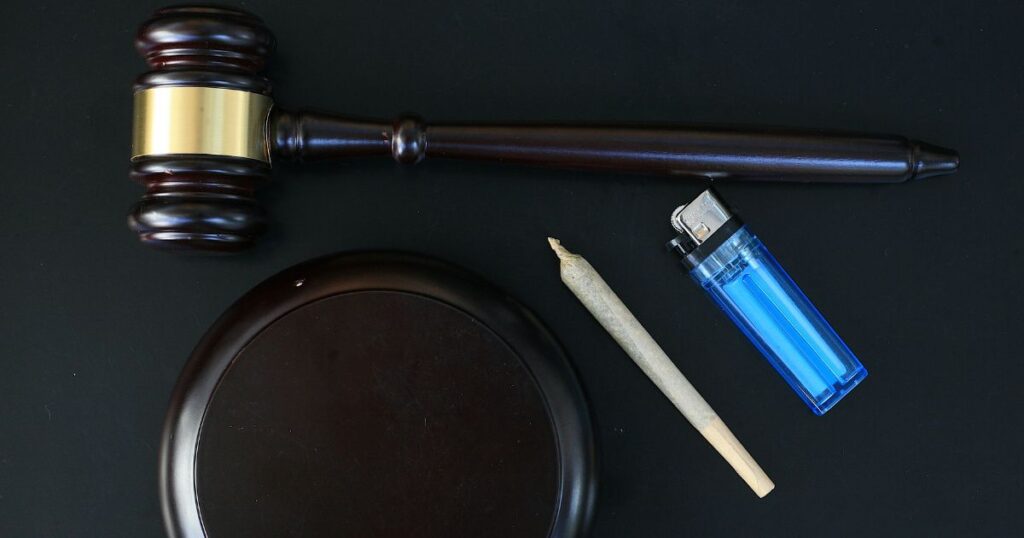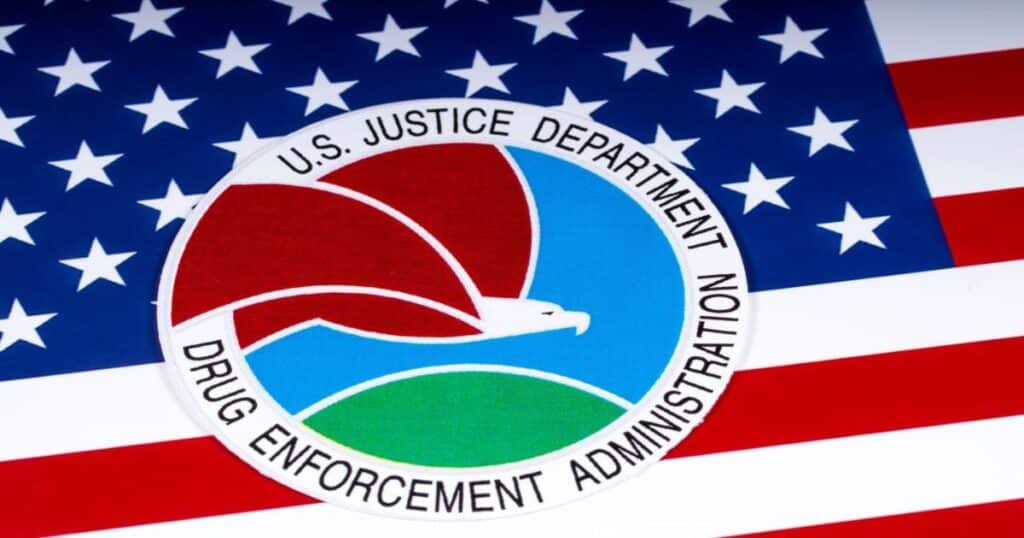Thirty-five years ago, in September 1988, a DEA administrative law judge ruled that marijuana should be rescheduled from the Schedule I classification. The decision was made after Judge Francis Young held lengthy hearings. Young and supported by medical cannabis advocates such as Robert Randall and organizations like NORML and ACT. Despite this ruling, the DEA rejected its own judge’s conclusions, and the rescheduling of cannabis was delayed for decades.
However, in 35 years later after Judge Young’s ruling, a new hope has arisen as the Biden Administration is now reviewing recommendations to potentially reschedule marijuana. This news has brought optimism to medical cannabis advocates who have long fought for access to this plant-based medicine. It could also pave the way for other cannabis reform efforts in the future.

To properly understand current events, it is crucial to understand Robert Randall and Judge Young’s role in this 35-year journey. Let’s take a look back at how this all began…
Robert Randall First Legal Marijuana Patient
Robert Randall was the first legal medical cannabis patient in the United States. After being diagnosed with Glaucoma, he had exhausted all other treatment options and was facing a life of blindness. Despite this dire situation, he refused to accept his fate and continued to fight for access to medicinal cannabis. He argued that marijuana should be available as an option for those suffering from debilitating medical conditions and who could benefit from the plant’s therapeutic effects.
Randall’s advocacy work eventually led to a hearing with the DEA in 1988, where he presented evidence that cannabis was effective at treating Glaucoma and had legitimate medicinal uses. This hearing was presided over by Judge Francis L. Young, who ultimately ruled that marijuana should be rescheduled from the Schedule I classification.
Randall’s work is greatly admired by medical cannabis advocates today, and his advocacy helped pave the way for other reform efforts in the future. He is an example of how persistence and dedication can bring about change. Despite his passing in 2001, Randall’s legacy still lives on as Alice O’Leary Randall, his wife, continues to fight for his legacy.
Judge Young’s Hearing and Ruling
The hearing with Judge Francis Young lasted several months. It was filled with medical evidence from Robert Randall, legal arguments from NORML and the ACT (Alliance for Cannabis Therapeutics), and testimonies from several physicians. The hearing was seen as a significant victory for medical cannabis advocates. Judge Young ultimately ruled that marijuana should be rescheduled from Schedule I to Schedule II. Judge Young subsequently called the ruling “In the Matter of Marijuana Rescheduling“
Judge Young’s ruling concluded with an opinion that stated, “Marijuana, in its natural form, is one of the safest therapeutically active substances known to man. By any measure of rational analysis, marijuana can be safely used within a supervised routine of medical care,” It would be unreasonable, arbitrary, and capricious for the DEA to continue to stand between those sufferers and the benefits of this substance in light of the evidence in this record.”

This opinion was seen as a major victory at the time, as it was the first time that a judge had acknowledged the therapeutic potential of cannabis and recommended that it be rescheduled. The ruling was seen as a major step forward for medical cannabis advocates, and it signaled hope that the DEA would act in favor of patients’ best interests. Unfortunately, this was not the outcome…
DEA Rejects the Findings and Ruling
Despite Judge Young’s ruling that marijuana should be rescheduled from Schedule I to II in 1989, the DEA ultimately rejected the recommendations. In an administrative decision, they argued that there was still insufficient scientific evidence to prove that cannabis had any medicinal benefit.
This decision was a major setback for medical cannabis advocates and highlighted the difficulties of breaking through the long-held stigma around marijuana use in the United States. However, it did not stop them from continuing their fight for access to this plant-based medicine.
The Appeal & Legalization Movement
The DEA’s rejection of Judge Young’s ruling has not gone unnoticed by medical cannabis advocates, who continue to push for the rescheduling of marijuana. In 2012, the appeal was filed with the United States Court of Appeals for the Ninth Circuit, asking them to review the DEA’s decision.
The appeal was ultimately denied in 2014, but this did not stop the momentum for cannabis reform that had been building since Judge Young’s ruling. This momentum has resulted in 33 states legalizing medical marijuana and 11 states legalizing recreational use of the plant.
These reforms have provided access to millions of Americans who are suffering from debilitating medical conditions and could benefit from the therapeutic effects of cannabis. The 35th anniversary of Judge Young’s ruling serves as a reminder that progress can be achieved through dedication and perseverance.
Rescheduling Today
In today’s time, the Biden administration is signaling a shift in attitude towards cannabis and has promised to review Marijuana’s Schedule I status. This shift in mindset is a far cry from where we were 35 years ago when Judge Young ruled that marijuana should be rescheduled but was ignored by the DEA.
The renewed attention on this issue provides hope for medical cannabis advocates and patients who have been fighting for access to this plant-based medicine. It is also a testament to the dedication of those who fought for reform, such as Robert Randall, whose advocacy led to Judge Young’s 1988 ruling.
Only time will tell if the Biden administration will follow through on their promise and marijuana reform in the country. Still, it is a positive sign for those who have been advocating for access to this plant-based medicine. As we look back on the 35th anniversary of Judge Young’s ruling, it is a reminder that progress can be made with dedication and perseverance. Let us all continue to advocate for cannabis reform until we reach out goal!
Keep updated on all the latest news and updates in the Cannabis industry here at Beard Bros Pharms by signing up for our Friday Sesh Newsletter here. Always Dank and Never Spam!
- Ohio’s Senate Bill 56 Postponed, Leaving Details of Issue 2 Still Unresolved
- Sports Stars and Well Known Entertainers Join Forces Calling on Trump for Cannabis Reform
- Pinsky and the Brain: Bill White on His Journey to Consulting in Cannabis
- Delaware’s Recreational Cannabis Market Finally Set to Launch After Years of Challenges
- Excise Tax Increase to 19% and Its Impact on California Retailers
- Nebraska’s Governor Approves Emergency Medical Cannabis Regulations














One Response
Decrim only. Let’s get it right. They are never bringing back medical. We got screwed with 64, why do we trust them again? Decrim and go back to 215.